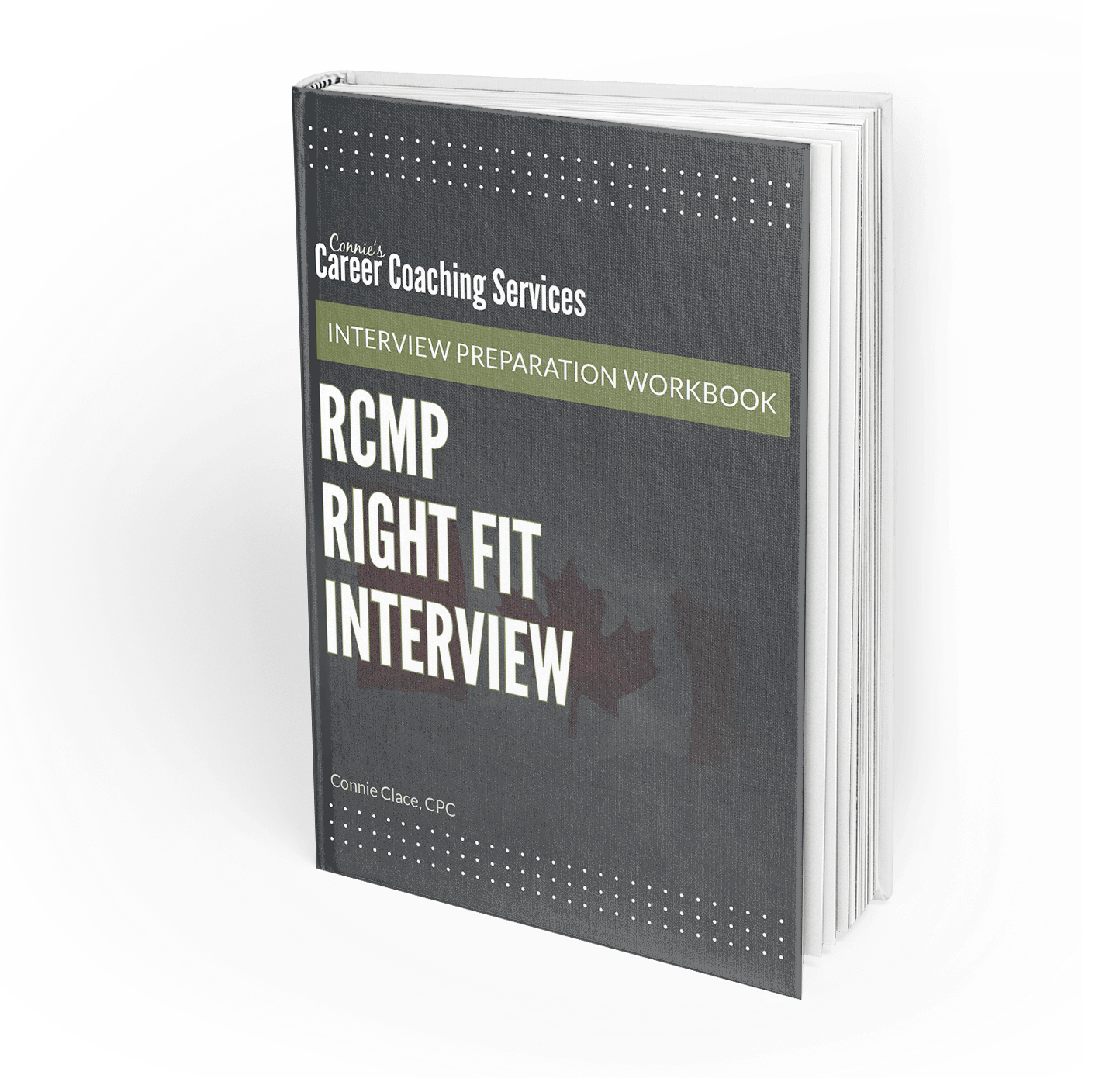RCMP Regular Member Suitability Interview – Problem Solving
I recently posted about the changes to the RCMP applicant process and that they modified the interview from the Right Fit Interview, which assessed eight competencies, to the Regular Member Suitability Interview (RMSI), which assesses four competencies, and combines the RMAQ as part of the process. Now, I would like to break down each of the four competencies in a series of posts, to help you with your preparation during this stage of the process. During this phase of the RMSI, which is called the Attribute Interview, you will be asked a behavioural question for each of the four competencies. We are going to start our focus on Problem Solving. As I stated in my previous post, going through the RCMP Application Process and getting ready for the Interview can be one of the most challenging stages of the process, and one not to be taken lightly.
Taken from the RCMP Preparatory Guide for the RMSI, the definition for this competency is:
“Systematically analyzes and breaks down problems, risks, opportunities and issues into component parts. Identifies appropriate solutions and makes timely decisions and actions. Understands cause and effect chains and relationships.”
Problem Solving for Behavioural Based Questions
The behavioural question will target your past experiences that demonstrate that you have the ability to think through a problem and come up with a solution.
For example, the interviewer might ask you a question about a difficult or complex problem that you had to solve and how you gathered the required information to establish an effective solution. Or they might ask about a time when you came up with an innovative solution to solve a significant problem.
When you are preparing for the Attribute Evaluation, think about all of the situations when you had to come up with a solution to a problem. Use examples where the problem is yours to solve, and where there were multiple options to consider when making a decision for a solution. If your problem has only one solution, then the interviewer will not get a true sense of your ability to think through a specific problem, analyze the information available, and come up with a solution. Your action should include the options you considered, the pros and cons of each option, and still with action, what your decision was on how to solve the problem.
This doesn’t just have to be work related examples. You can use volunteer time, sporting events, or periods during your education. Try and have more than one story ready to ensure that your story will answer the question that is being asked, and that demonstrates that you have the ability to solve problems.
Remember, when answering these questions, you will articulate your example using the S*T*A*R principle.
Situation
Task
Action
Result
As you can see, there is a lot to consider when focusing on this one competency. I can’t stress this enough. You must be prepared. Have your examples ready and practice delivering them using S*T*A*R.
Do you know someone who is faced with this challenge? Feel free to share this post by using the share links at the top of this page. Also, if you’d like more interview tips, feel free to check out the interview resource page.


Leave a Reply